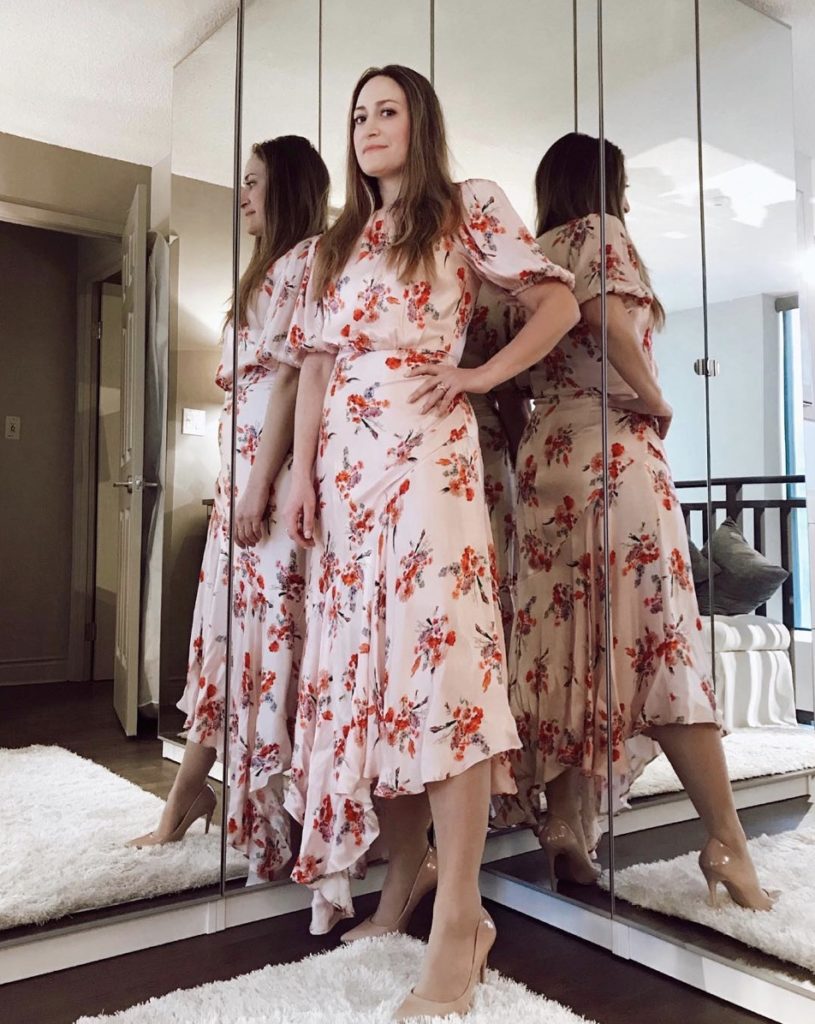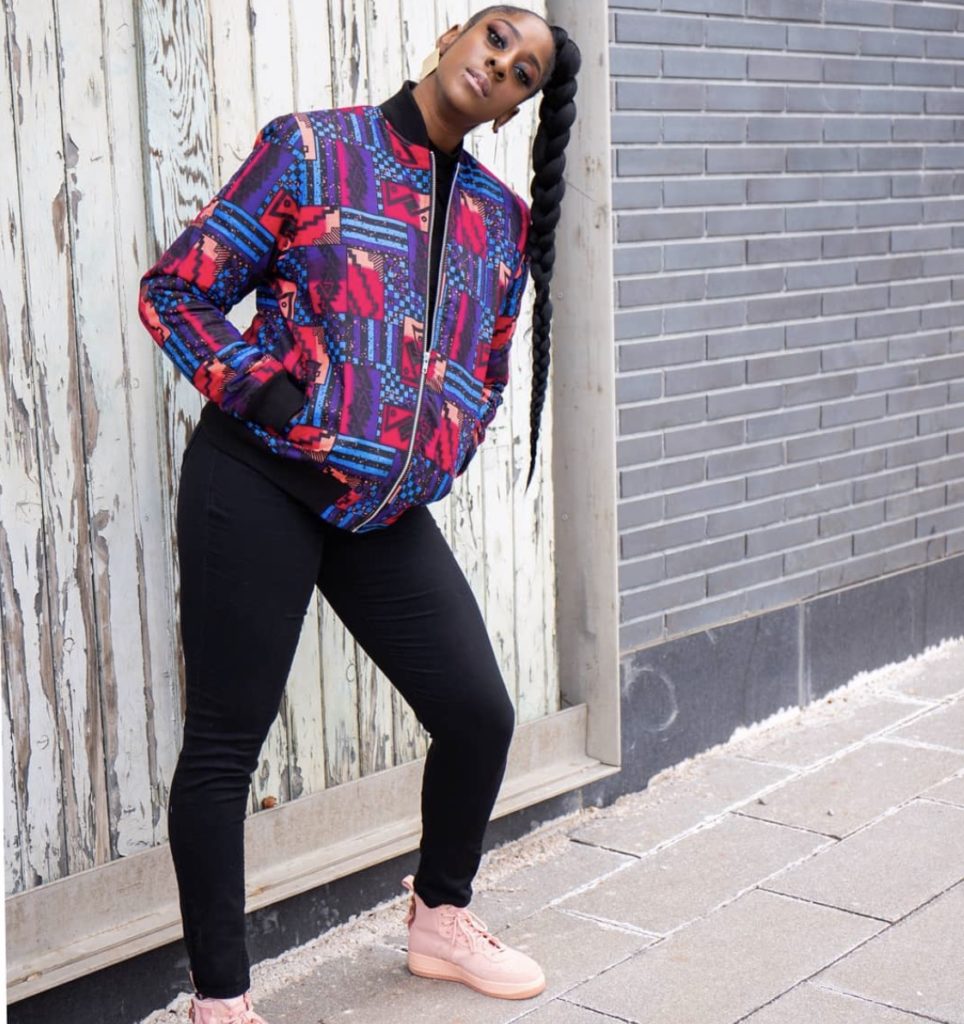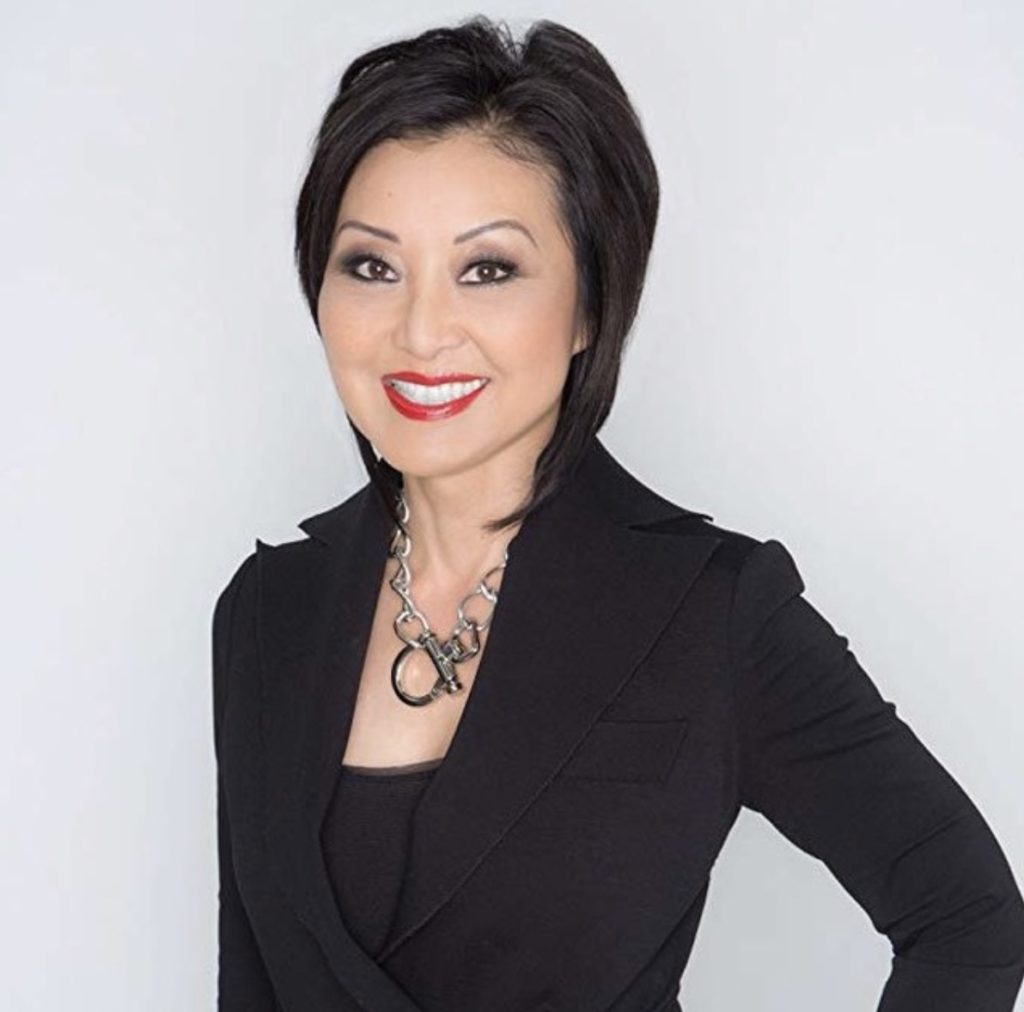What do names like Karl Lagerfeld, Coco Chanel, Michael Kors, and Jean Paul Gaultier have in common – aside from the obvious? None of these famous fashion designers finished school.
Whether you’re a stylist, a designer, or are in the business of fashion, how important is a degree? In this rapidly changing industry – one in which natural talent, unwavering passion, and strategic networking skills often translate to success as much as a fancy framed degree on the wall?
Are the thousands of dollars, countless hours, and ‘starving student’ lifestyle that come with post-secondary education really necessary? While a degree never hurts your cause thanks to the transferrable skills and sense of discipline it offers, the value of one in the fashion industry remains debatable.
I asked 6 women in fashion whether they thought a degree was necessary and here’s what they said!
Adrienne Butikofer, Creator of OKAYOK

“There are probably a few areas of fashion where you wouldn’t need a fashion-specific degree; marketing, sales, and styling, to name a few. But, I would advocate for getting a fashion education if you want to work in design. As glamorous as it is, at its core, fashion is a skilled trade with its own specific language and standards. You can learn it. Having this knowledge and being fluent in the language is empowering for you and respectful to the other skilled tradespeople you’ll be working with. If you intend to start your own fashion line without an education, then you need pretty deep pockets. You’ll have to pay others to develop and create your ideas for you. Even some basic training will help you communicate, to help avoid the inevitable expensive, and irreversible mistakes.”
Sarah Power, Founder of INLAND

“Fashion is an incredibly dynamic industry with endless career opportunities; there are so many touch points from designing, to the lifecycle of a collection, and not all require a degree – and certainly not just a degree in fashion. This is what makes the industry so exciting and empowering; the perspectives and experiences can be extremely diverse. Talents may come DIY, from formal studies, through internships, or growing up in a family business. The important thing is to constantly develop your skills, confidence, networks, and to focus on discovering who you are and where you can best impact the system.
My journey has been unique and I’m grateful for that. I have a degree in communications, a Bachelor of Education, and a certificate in fashion from George Brown. I’ve worked in corporate and non-profit organizations, taught special education, ESL in Canada and abroad, and as a marketer for arts and creative industries. Coordinating The Clothing Show in 07/08 was my first and only job in fashion outside of starting INLAND in 2014. Everyone’s path is and should be different.”
Gail McInnes, Co-founder at Stylist Box, Owner at Magnet Creative Management, and Editor-in-Chief at The Pull Magazine
View this post on Instagram
“To work in fashion, I wouldn’t necessarily say you need a degree in fashion, but a degree in your area of specialty certainly helps. I think the general public has a misunderstanding of the fashion industry as a whole. There are many different levels of careers and areas in which to work in fashion; from design to manufacturing to exporting and trade, to marketing to retail – all of which would require a different educational background.
To start a fashion label, I wouldn’t necessarily say you needed a degree in any one area or even a design background. I have met many successful owners of fashion labels who never went to fashion school, but rather do have a degree or a background in other areas which can be applied to a fashion business. For anyone who wanted to pursue a career in fashion who hasn’t gone to a traditional fashion school, certainly can succeed in the industry without that degree.”
Talia Brown Thall, Celebrity Stylist and Personal Shopper

“I believe you are born with a good sense of style; there’s something innate about it. There are so many things that can be taught, but I believe you are born with a good eye. Education can enhance any career – and your natural talents – and often gives you transferrable tools you might not otherwise have. University gave me the most wonderful friends and the ability to grow the interpersonal skills I use everyday in my career as a stylist. I didn’t study fashion in class, but I studied it on campus every day.”
Tabia Charles, Olympian and Owner of Anisah

“To be honest, there was a time where all I wanted was to get a higher education because having degrees meant everything! I quickly realized that in the grand scheme of things degrees just ‘look good’ to a certain group of people and it doesn’t always bring you the success your’ wanting in a corporate career. Fashion has always been a passion of mine, I just wasn’t sure if I could really do anything with it. Although my Psychology B.A. and Masters degree in Industrial relations have nothing to do with my fashion business, the work I had to put into completing my degrees was definitely training for the work and discipline I have to put into succeeding in my fashion business.”
Susan Langdon, Executive Director of Toronto Fashion Incubator

“Assuming you want to be successful while working in fashion, then you absolutely need post-secondary fashion education. It will offer a good foundation from which you can launch a successful career. To employers, this is invaluable because it will lesson the training time, and time is money. If you want to start your own fashion business, knowing every step from concept to creation is imperative because you’ll be able to direct your staff appropriately. For example, years ago when I was a designer and had my own line, I gave my pattern maker a sketch of a gown I wanted her to do. She looked at the sketch and said, “That’s impossible, it can’t be done.” My response to her was, “Yes it is, and this is how you do it.” I proceeded to show her the steps to create the gown. Had I not had formal fashion design training, my ideas would have been limited to the skill level of the pattern maker. (On a side note, that gown proved to be a bestseller!)
Now, do you actually need a degree? Is a diploma okay? A diploma is perfectly fine as long as it’s from an accredited college, but if an employer is choosing between two comparable candidates, the person with a degree might edge out the competition. But while it might be easier to get a foot in the door, skills, intelligence, attitude, and having a strong work ethic will win over the competition any day. If you’re contemplating teaching or further education, having a degree is a prerequisite in most cases. If you’re unsure of what you want to do in the future, getting a degree is a safer bet as it will offer you many more opportunities than what a diploma can.”
Featured Image: Pixabay
Articles You May Be Interested In:
This Fashion Event Has Blazed A Trail of Inclusivity & Diversity
This Iconic Fashion Pop-Up Event Is Returning This Spring
What A String Of Canadian Layoffs Means For The Fashion Industry
Meet The 2019 CAFA Nominees Who Are Shaping Canadian Fashion
The Canadian Fashion Industry Reacts To Karl Lagerfeld’s Passing
